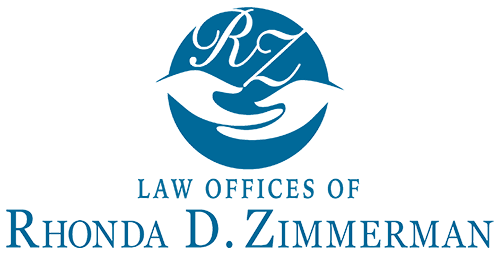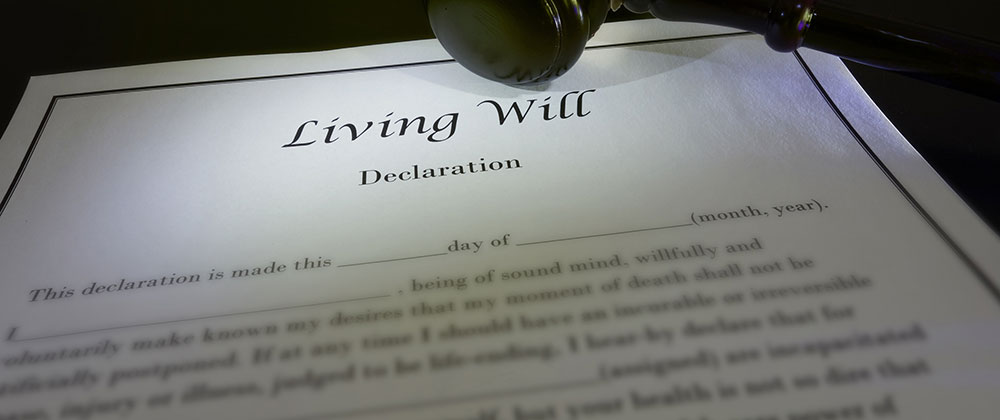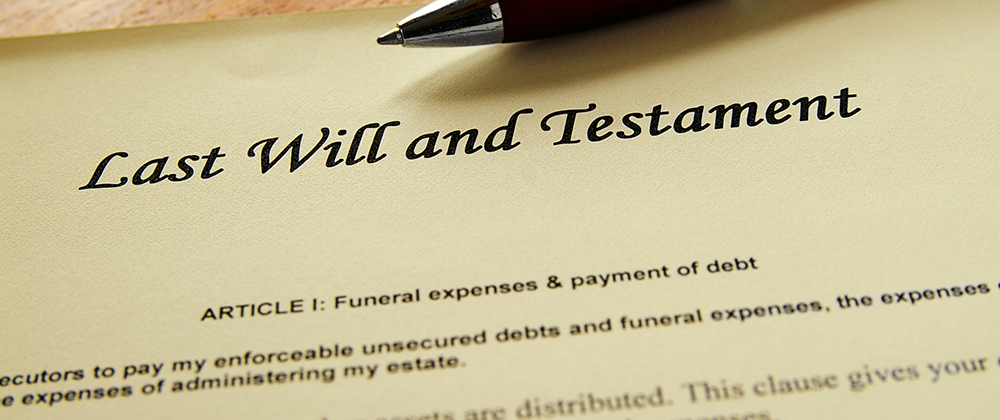There are several things to consider in your estate plan when you have minor children. When you create your plan, you will want to ensure that your children will be protected if you pass away. At The Law Office of Rhonda D. Zimmerman, Esq., we can help to create an estate plan that will help to protect your minor children if you unexpectedly die. Here are some things to think about when you are creating your plan.
Naming a Guardian
Naming a guardian who can care for your child if you die is important. The person you name should be listed in your last will and testament. If you share a child with a spouse or significant other, you should both name each other as your child’s guardian. Just in case something happens to both of you, name backup guardians in your last will and testament.
What to Consider When Choosing a Guardian
When you are nominating a guardian to raise your child, you will want to think about his or her values, whether he or she has other children, and his or her financial situation. While you might think about naming your parents, you should consider whether they will be physically able to handle raising your child. No matter who you name, you should make certain that the person you choose is willing and able to take on the responsibility of caring for your child. As long as the person you nominate to serve as a guardian is fit, the court will generally follow your choice as listed in your will.
Creating a Trust for Your Child
Creating a trust for your child can help to protect your child. You can include the creation of a testamentary trust to hold life insurance proceeds and other assets for your child until he or she reaches a specific age. You should name a trustee you trust to manage the funds on behalf of your child. You should also name a successor trustee in case the first one is unable or unwilling to perform the required duties. The trust can name a specific age when your child will receive the balance of the money as a lump sum. It might be too much for your child to handle if he or she receives all of the funds upon turning 18.
If you have more than one child, creating a common pot trust to benefit them might be a good idea. Since you do not know what types of future needs each child might have, you can include a provision calling for the trustee to exercise discretion in spending money based on the individual needs of each child. This type of trust normally includes a provision calling for the trust to be dissolved at the time your youngest child reaches a specified age. However, the money does not need to be distributed all at the same time.
Reviewing Beneficiaries
When you are reviewing your estate plan, pay attention to your beneficiary designations. If you name a minor child as a beneficiary to your life insurance, retirement accounts, investment accounts, or other assets, you will need to designate the trust for your child as the beneficiary. If you name your minor child as the beneficiary, the court will select a guardian to retain the money your child inherits. It is better to name the trust as a beneficiary so the trustee you have selected can manage the funds for your child.
Get Help from a Fort Lauderdale Estate Planning Attorney
Having children and estate planning requires a few extra steps to ensure they are provided for. Rhonda D. Zimmerman, Esq. is an experienced Fort Lauderdale estate planning attorney who understands the special considerations required of children and estate planning needs. Contact us today to schedule an appointment at (954) 822-7566.




